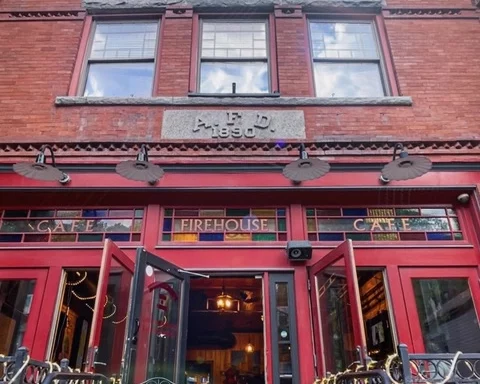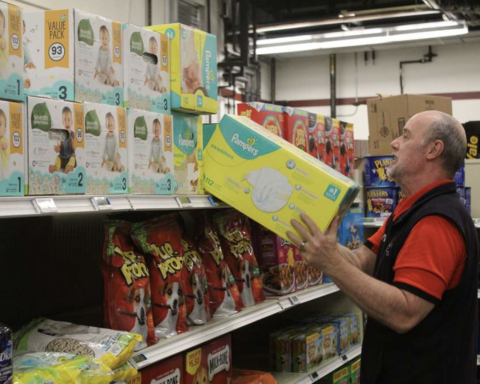Winter is coming, and the annual statewide campaign to inform Massachusetts residents about available heating assistance is underway.
Advocates for the program said the eligibility requirements are broad to ensure no family has to make the decision between keeping their house warm or covering other basic needs.
Jeanne Costa, a resident of New Bedford, said heating assistance allowed her elderly mother to remain in her home as she aged.
“They should know that there isn’t any shame attached to attaining a helping hand up,” Costa urged. “Which shouldn’t be confused with a helping hand out.”
Renters and homeowners making less than 60% of the state median income to address home energy costs are eligible, which includes a family of four making just over $87,000. Applications are currently being accepted online.
While some energy prices are dropping, public safety officials worry families unable to afford their heating bill will use more dangerous methods to stay warm.
Jon Davine, state fire marshal, said the heating aid program helps families avoid those decisions, and keep both them and his firefighters safe.
“It doesn’t just help folks save money, it actually helps save lives,” Davine contended.
Davine noted home heating equipment is the main source of carbon monoxide and the second leading cause of residential fires in Massachusetts.
Once households apply for heating assistance, they will automatically be enrolled in other energy-efficiency cost-saving programs.
Joe Diamond, executive director of the Massachusetts Association for Community Action, a coalition of more than twenty community action agencies throughout the Commonwealth, credits lawmakers for ensuring heating and energy help is available for the most vulnerable families.
“It’s a powerful program,” Diamond outlined. “It’s an economic support program. It’s a health and safety program. It’s a housing preservation program.”
Diamond pointed out studies show expanding heating assistance to more households with young children benefits children’s health and growth.

















